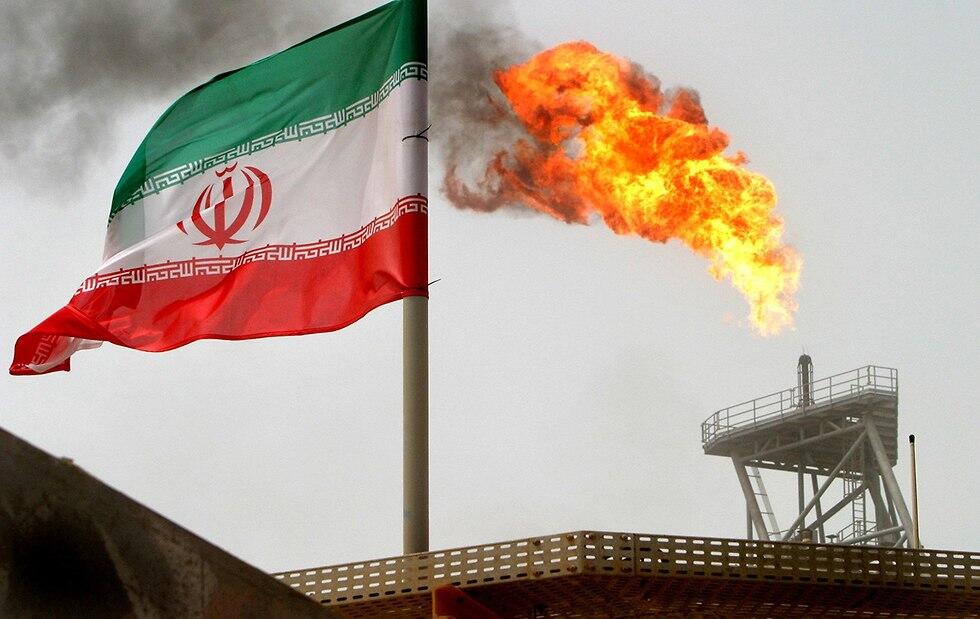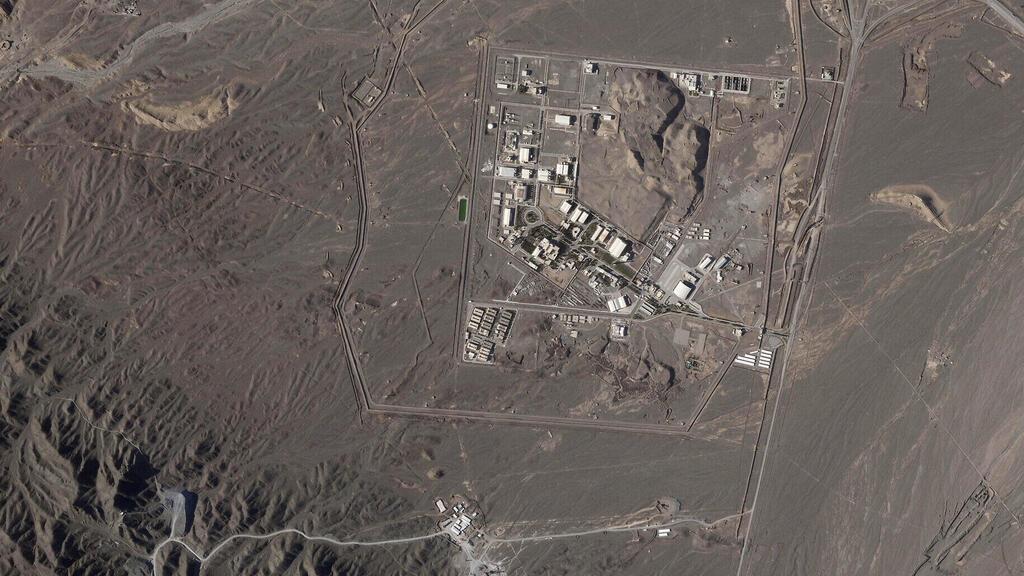Getting your Trinity Audio player ready...
As war rages in Israel against Hamas and Hezbollah, global attention has shifted to Jerusalem's potential retaliation against Iran after the country's largest-ever ballistic missile strike on Israeli territory. But which possible targets is Israel likely to target in the event of such an attack?
According to NBC, the Israeli Air Force's technological superiority, combined with Iran's relatively weak air defense, could enable Israel to strike a broad array of sites across the Islamic Republic.
3 View gallery


Iran's Supreme Leader Ali Khamenei, Prime Minister Benjamin Netanyahu
(Photo: AP, Reuters, Vahid Salemi)
Military targets
Potential targets range from military bases and intelligence facilities to oil refineries and even nuclear sites. NBC also assessed that Israel could receive U.S. intelligence support, leveraging satellite data and other sources to enhance precision.
“There are so many things they can hit, and they’re going to be able to hit all those with great effectiveness. Iran’s not going to be able to stop them,” a former senior U.S. military source familiar with the region told the network.
However, the report stressed that Israel would need to consider potential Iranian retaliation, which could include attacks on nearby U.S. military bases across the region.
The most probable targets, NBC suggested, are those linked to Iran's missile strike on Israel, such as command centers, missile launch sites and key military figures involved in Iran's ballistic missile program.
Iranian missiles launched against Israel
The report also suggested Israeli strikes could extend to intelligence centers, often located in military bases, in response to Iran's stated attempt to strike the Mossad headquarters. Israeli strikes could also extend to air defense bases and drone facilities to safeguard Israeli fighter jets during any operation.
Energy production facilities
In addition to military targets, energy production facilities are also in Israel's potential crosshairs. A primary target could be the Persian Gulf Star oil refinery in Bandar Abbas, which supplies 40% of Iran's oil consumption. Striking this refinery could severely cripple Iran's economy, already burdened by U.S. sanctions.
Other targets might include petrochemical plants, power stations and key oil export terminals, such as the Kharg Island terminal, through which 90% of Iran’s oil exports pass. Estimates suggest Iran can export up to 7 million barrels of oil daily through Kharg, though official reports from Iran claim lower numbers.
Tehran's recent decision to move some of the oil tankers there suggests it is likely preparing for a potential attack on its oil infrastructure.
A senior Islamic Revolutionary Guard Corps (IRGC) said that Israeli energy infrastructure would be a primary target in response.
Nuclear facilities
Despite U.S. President Joe Biden’s opposition to an Israeli strike on Iran’s nuclear facilities, speculation remains about whether Prime Minister Benjamin Netanyahu may opt to target these key sites.
The Fordow and Natanz uranium enrichment facilities, both heavily fortified underground, and other nuclear-related sites, such as the Isfahan centrifuge factory and a reactor in Khondab, could be on Israel’s radar.
Mossad has been linked to several sabotage actions in Iran in recent years, such as the powerful explosion in the Natanz facility in 2021. Still, executing a large-scale attack on these sites would be far more challenging and complex.
Iran has several other sites related to its nuclear program, including a large facility outside Isfahan responsible for various activities, such as producing centrifuge parts and uranium metal — a material that could be used to build the core of a nuclear bomb. Additional potential targets include a partially built heavy water reactor plant in Khondab and research centers in Tehran.
Get the Ynetnews app on your smartphone:







